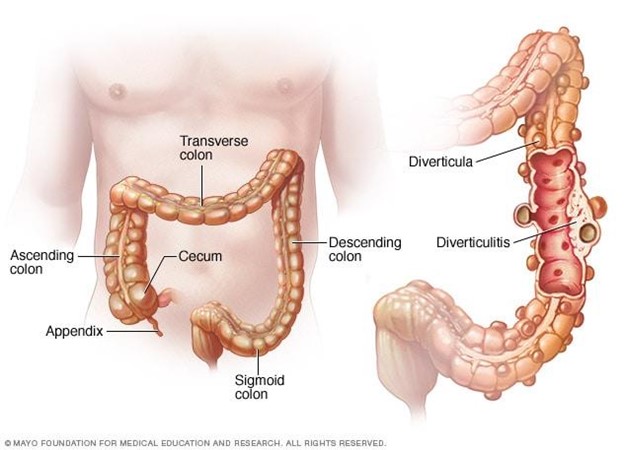The nurse observes the client as he walks into the clinic. She notices a slight tremor of the hands, slowness of movements, and a mask-like facial expression, with postural instability. Which of the following in the client's history are consistent with these observations?
Acute hemorrhagic stroke.
Alzheimer's disease.
Parkinson's disease.
Traumatic brain injury.
The Correct Answer is C
Choice A reason: This is incorrect because acute hemorrhagic stroke is not consistent with these observations. Acute hemorrhagic stroke is a sudden bleeding in the brain that can cause severe neurological deficits, such as paralysis, aphasia, or coma. It does not cause tremors, slowness, or mask-like facial expressions.
Choice B reason: This is incorrect because Alzheimer's disease is not consistent with these observations. Alzheimer's disease is a progressive degeneration of the brain that causes cognitive impairment, memory loss, and behavioral changes. It does not cause tremors, slowness, or mask-like facial expressions.
Choice C reason: This is the correct answer because Parkinson's disease is consistent with these observations. Parkinson's disease is a chronic disorder of the brain that affects movement and coordination. It causes tremors, slowness, rigidity, and postural instability, as well as mask-like facial expressions due to reduced facial muscle activity.
Choice D reason: This is incorrect because traumatic brain injury is not consistent with these observations. Traumatic brain injury is damage to the brain caused by external force, such as a blow, fall, or penetration. It can cause various neurological symptoms depending on the location and severity of the injury, but it does not typically cause tremors, slowness, or mask-like facial expressions.
Nursing Test Bank
Naxlex Comprehensive Predictor Exams
Related Questions
Correct Answer is D
Explanation
Choice A Reason: Increasing protein from red meat is not part of client education, as it can worsen the condition and increase the risk of complications. Red meat is high in fat and low in fiber, which can cause constipation and increase the pressure in the colon. Diverticulosis is a condition where small pouches or sacs form in the wall of the colon due to weak spots or increased pressure.
Choice B Reason: Decreasing fluid intake is not part of client education, as it can worsen the condition and increase the risk of complications. Fluid intake should be increased to prevent dehydration and promote bowel movements. Diverticulosis can cause abdominal pain, bloating, cramping, and changes in bowel habits.
Choice C Reason: Incorporating soft foods that are pureed in consistency is not part of client education, as it can worsen the condition and increase the risk of complications. Soft foods are low in fiber and can cause constipation and increase the pressure in the colon. Diverticulosis can lead to diverticulitis, which is inflammation or infection of the pouches or sacs.
Choice D Reason: This is the correct choice. Increasing dietary fiber is part of client education, as it can improve the condition and prevent complications. Fiber helps soften the stool and reduce the pressure in the colon. Diverticulosis can be managed by eating a high-fiber diet, drinking plenty of fluids, exercising regularly, and avoiding straining or holding stools.

Correct Answer is D
Explanation
Choice A Reason: This is incorrect because a referral to a sleep study program is not the most appropriate plan of care for a blind client who has difficulty with sleep. A sleep study program is used to diagnose and treat sleep disorders such as sleep apnea, narcolepsy, or restless legs syndrome.
Choice B Reason: This is incorrect because assisting the client to see if a night shift job is available is not a helpful plan of care for a blind client who has difficulty with sleep. A night shift job can disrupt the circadian rhythm and worsen the sleep quality and quantity of the client.
Choice C Reason: This is incorrect because institution of opioids and sedatives is not a safe plan of care for a blind client who has difficulty with sleep. Opioids and sedatives can cause addiction, dependence, tolerance, and withdrawal symptoms. They can also impair the respiratory and cognitive functions of the client.
Choice D Reason: This is the correct choice because education about non-24 disorder is an essential plan of care for a blind client who has difficulty with sleep. Non-24 disorder is a condition where the internal clock of the body does not synchronize with the 24-hour day-night cycle. It can cause irregular sleep patterns, daytime fatigue, and mood disturbances. It is more common in blind people who lack light perception. The nurse should educate the client about the causes, symptoms, and treatments of non-24 disorder.
Whether you are a student looking to ace your exams or a practicing nurse seeking to enhance your expertise , our nursing education contents will empower you with the confidence and competence to make a difference in the lives of patients and become a respected leader in the healthcare field.
Visit Naxlex, invest in your future and unlock endless possibilities with our unparalleled nursing education contents today
Report Wrong Answer on the Current Question
Do you disagree with the answer? If yes, what is your expected answer? Explain.
Kindly be descriptive with the issue you are facing.
